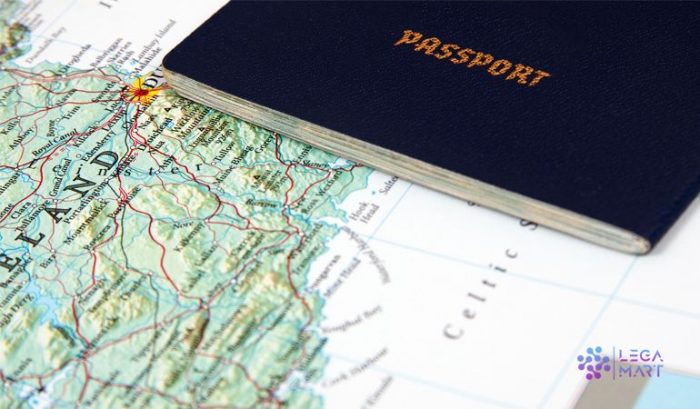Bulgaria
We represent clients from all around the world in Bulgaria every year. We see the globe as having no borders and are unafraid of language hurdles or time zones.
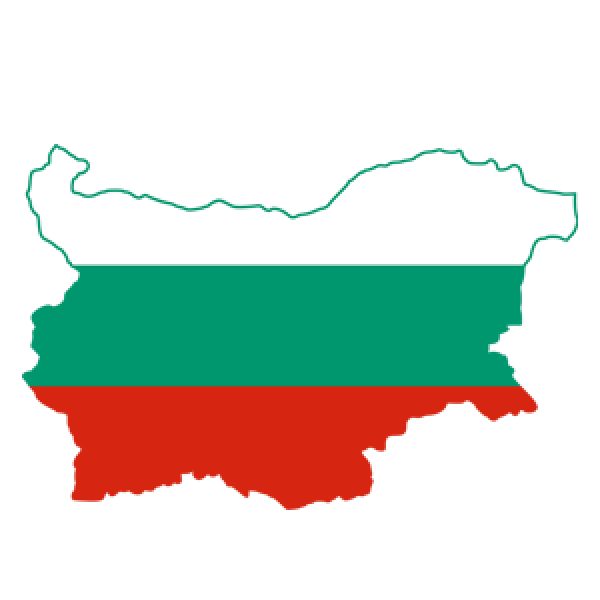
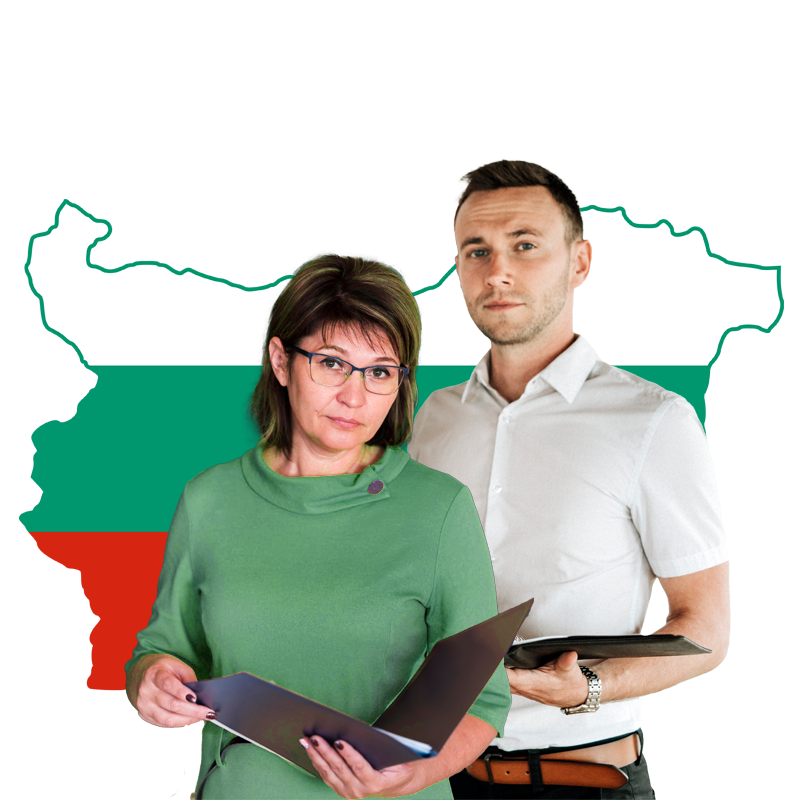
LegaMart Lawyers in Bulgaria
Legal Industry in Bulgaria
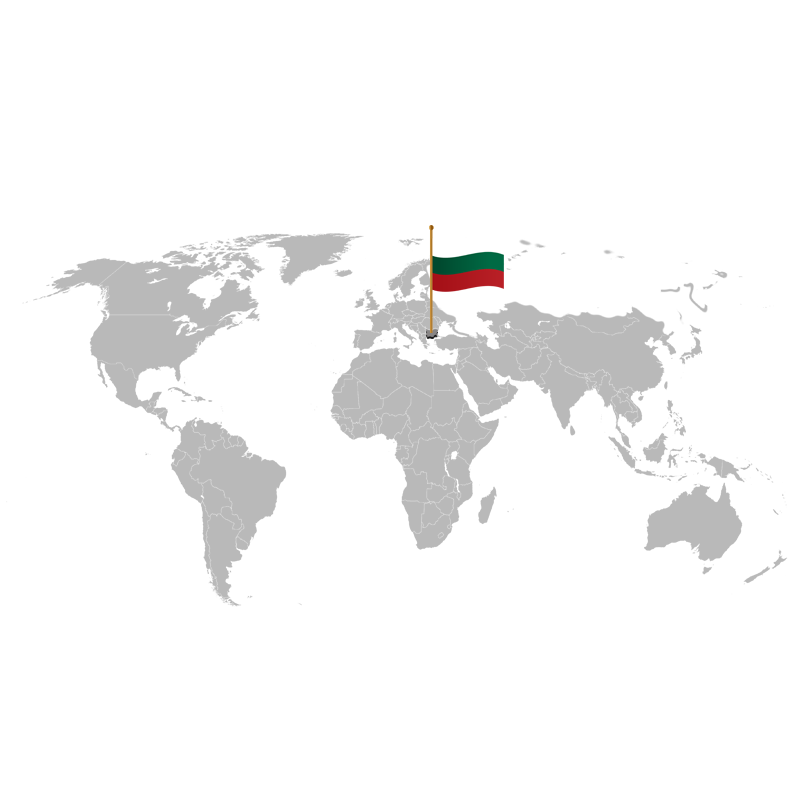
Articles about Law in Bulgaria
Tell us more about your problem.
Please give a brief description about what it is you need to talk to our lawyers about ?
Most common legal demands in Bulgaria
Legal Market Overview in Bulgaria
Bulgaria is a civil law country with unitary national justice system consisting of four levels of courts: 113 district courts that are handling small claims and petty crimes at the level of the municipalities, 28 provincial courts that act as a 2nd instance jurisdiction with respect to the district courts and handle as a first instance jurisdiction more significant disputes and serious criminal offences, 5 courts of appeal that act as appellate jurisdictions to the district courts and one Supreme court of cassation with jurisdiction over civil, trade law and criminal matters (Bulg., Върховен касационен съд). In parallel there are 3 semi-autonomous systems of specialized jurisdictions.
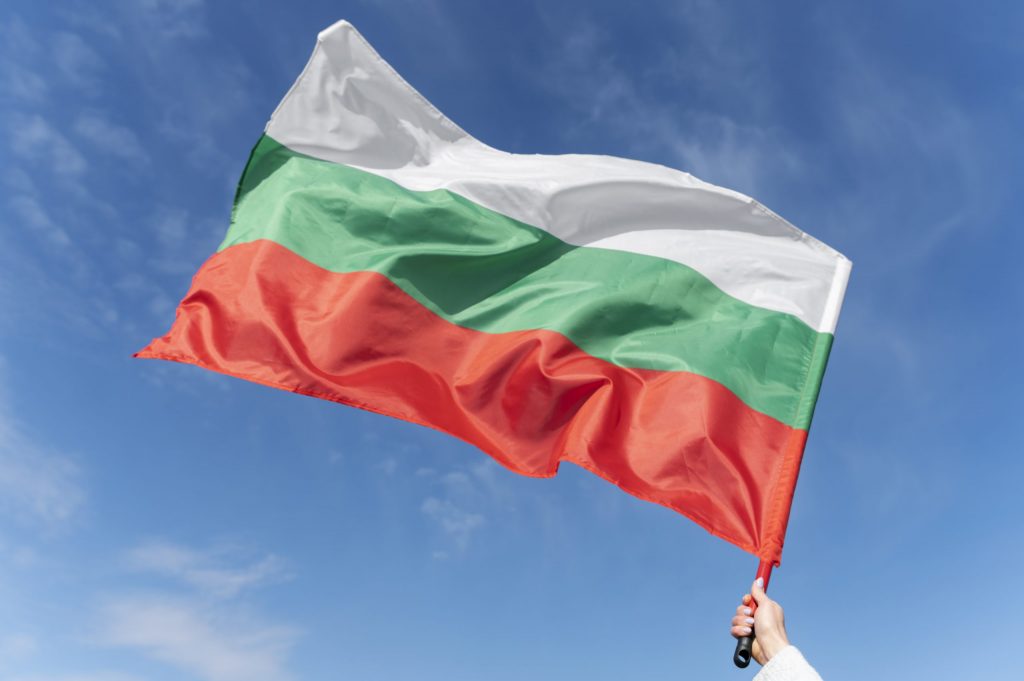
Bulgaria’s general rule of law score decreased by less than 1% in 2022’s Index. At 60th place out of 140 countries and jurisdictions worldwide, Pakistan’s rank decreased by 6 in the global rank in comparison to 2019 (117).
33% of people in Bulgaria experienced a legal problem,57% of them knew where to access help and 60% resolved the problem.
The average duration of resolving the legal problem in Bulgaria is 14 months and also 25% experienced a hardship.
Frequently Asked Questions
How does marriage work in Bulgaria?
In Bulgaria, according to Bulgarian Family Code, the only legally valid marriages are the civil ones. Therefore, the religious ceremony does not have a legal status, is optional and can be performed only after a civil ceremony has taken place.
How do you marry someone in Bulgaria?
An application to marry is filed at the local Town Hall (община) where one of the marrying parties is resident. This must be done at least 30 days prior to the chosen date for the civil ceremony. Both couples applying need not be present to make the application, however the identity cards of both are required.
Can tourists get married in Bulgaria?
Marriages in Bulgaria are subject to the residency requirement. One of the parties to the marriage should be either a citizen of Bulgaria or domicile in the country.
Is Bulgaria a tax haven?
Bulgaria has the lowest personal and corporate tax rates within the European Union (Andorra isn’t a member), both of which are a flat rate of 10%.
How much is VAT in Bulgaria?
20%
The standard VAT rate is 20%. A reduced VAT rate of 9% applies to certain tourist services.
How do I check if a company is in Bulgaria?
Search the Bulgarian Commercial register by the name of a company or a person. The Bulgarian commercial register is available online and allows a free search by company name or a name of a shareholder/owner, governor or a liquidator.
How do I set up an LLC in Bulgaria?
The documents needed for registering an OOD (LLC) in Bulgaria are:
- Registration form at the Commercial Register.
- Articles of incorporation, General meeting documents.
- Notarised signature specimen and written consent by company representative.
- Bank statement for deposited minimum capital.
- Company name certificate.
Can you just move to Bulgaria?
Foreign citizens who want to move to Bulgaria must complete various formalities depending on their nationalities. Non-EU citizens, for example, must apply for short-term visas if they want to visit the country or for long-term residence permits if they want to stay longer.
Can I get residency in Bulgaria if I buy a house?
Can property investment lead to residency in Bulgaria? The Bulgarian law states that every foreign national who purchases real estate in Bulgaria for the amount of not less than BGN 600,000 is eligible to obtain an extended residence permit.
Does Bulgaria tax foreign income?
Bulgarian tax residents are taxed on their worldwide income. Non-residents are taxed in Bulgaria only on their Bulgarian-source income, which has a very broad legal definition.





